Harvard Business School (HBS) has announced Leadership and Corporate Accountability—India (LCAI) program in Mumbai, a new program scheduled from November 19 to 22, 2012 at the HBS style classroom at Taj Lands End, Mumbai as part of its executive education program portfolio for India.
Leadership and Corporate Accountability – India is an interdisciplinary program, which will examine the dynamic and ever-evolving role of accountability in 21st century Indian corporations. Led by renowned professor Rohit Deshpande, faculty chair of Leadership and Corporate Accountability-India, who helped design and teach the required MBA course on this topic at Harvard Business School, the program will provide business leaders with a hands-on framework for promoting socially and financially responsible corporate conduct, in the Indian environment of heightened competition and accountability.
In accordance to the HBS Executive Education programs, all programs in the India portfolio will be taught by members of the school’s own full-time faculty using the renowned HBS case method in a newly opened, state-of-the-art multimedia case study classroom at Taj Land’s End Hotel. An elite group of global executives will enjoy an interactive experience that extends the learning process through personal and professional networks long after the conclusion of the program.







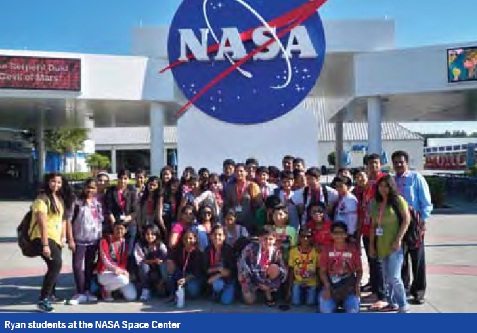
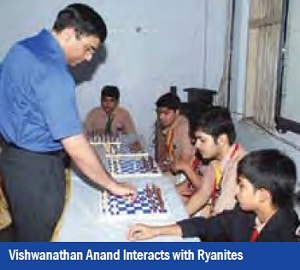
 2012
2012 Ryanites at Bangkok World Scholar Cup
Ryanites at Bangkok World Scholar Cup



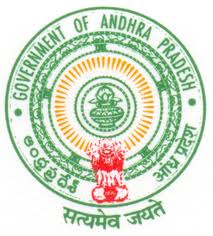
 Andhra Pradesh has once again sought exemption for its students from appearing in the National Eligibility-cum-Entrance Test (NEET) till 2014.
Andhra Pradesh has once again sought exemption for its students from appearing in the National Eligibility-cum-Entrance Test (NEET) till 2014.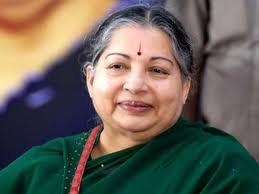
 Tamil Nadu chief minister Jayalalithaa on Monday strongly opposed an All India Common Entrance Test for admission to Under Graduates and Post Graduates courses in medical colleges, saying such a move would interfere with the State’s rights and create problems in implementing the reservation policy.
Tamil Nadu chief minister Jayalalithaa on Monday strongly opposed an All India Common Entrance Test for admission to Under Graduates and Post Graduates courses in medical colleges, saying such a move would interfere with the State’s rights and create problems in implementing the reservation policy.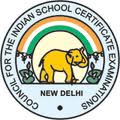
 It’s good news for students appearing for the Class X and XII examinations conducted by the Council for the Indian School Certificate Examinations (CISCE) in March next.
It’s good news for students appearing for the Class X and XII examinations conducted by the Council for the Indian School Certificate Examinations (CISCE) in March next.
 Jawaharlal Nehru Medical College Hospital here under the Aligarh Muslim University will receive an annual recurring grant at par with top central government hospitals at Delhi, Union HRD minister Kapil Sibal on Sunday said.
Jawaharlal Nehru Medical College Hospital here under the Aligarh Muslim University will receive an annual recurring grant at par with top central government hospitals at Delhi, Union HRD minister Kapil Sibal on Sunday said.
 The Aided College Teachers’ Association (ACTA) has urged the state government to appoint vice chancellors and top level administrative personnel “in an objective manner, unifluenced by any criteria.”
The Aided College Teachers’ Association (ACTA) has urged the state government to appoint vice chancellors and top level administrative personnel “in an objective manner, unifluenced by any criteria.”













